
Data courses
Unlock the secrets of data with our data and analytics courses. Our training covers a wide range of in-demand skills, including data science, engineering, analytics and AI, delivered by experts and in partnership with industry-leaders, such as Microsoft, Google and AWS.
Trusted by 4,000+ organisations


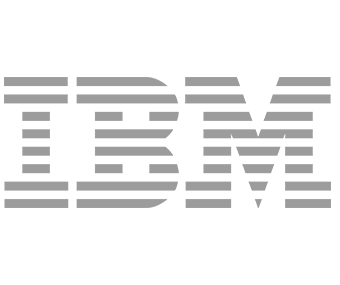
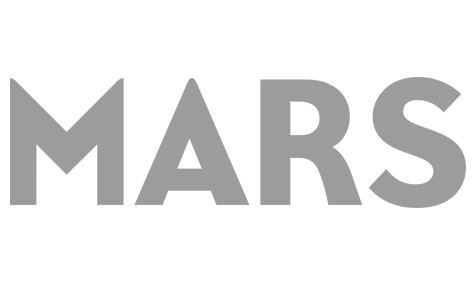


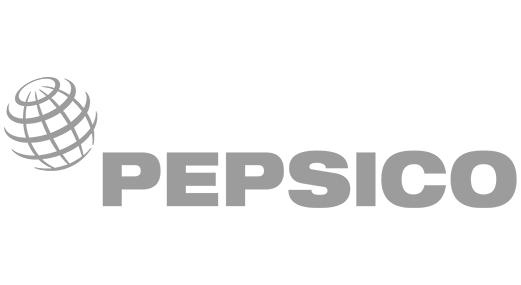



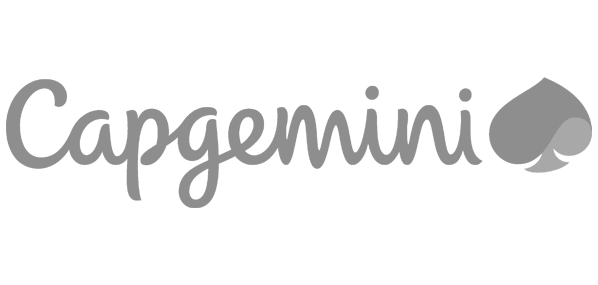

Browse our data courses
View our full catalogue of data courses, covering a variety skills and tailored to suit all experience levels.
Data Fundamentals Courses
These courses are designed to help you build foundation skills and understanding of data and the role it plays.
Data courses by category
Whatever the gaps in your data skills, we can help. From first steps in data literacy to data analyst to data science – we can help you get the best out of your data.
Data training solutions
Our data training solutions help you to deliver data skills at scale and hire new talent to help you fill critical data gaps in your workforce.

Upskill your team in data
Learn more about we help organisations lay the foundation for a data-driven culture by delivering data training at scale.

Data apprenticeships
Our data apprenticeships help organisations to close their skills gaps and upskill existing employees.

Build data skills with our online learning platform
Our online learning platform helps learners to build data skills in their own time. Explore our data course library here.
Latest data resources

Explore the most in-demand roles in data
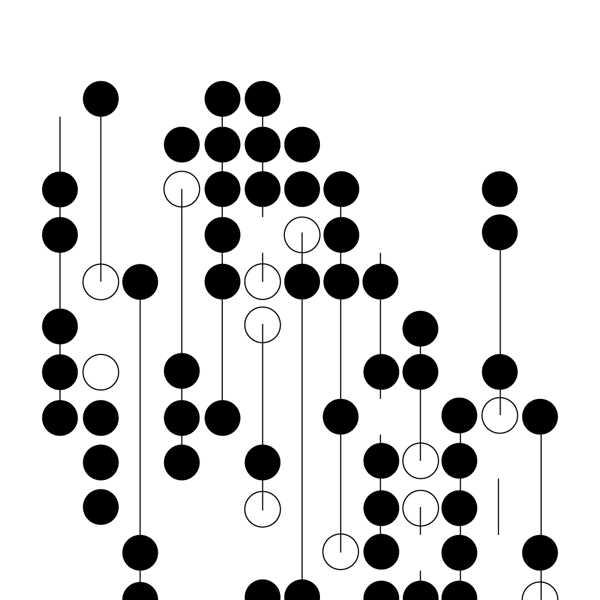
We support the training and upskilling of some of the most in-demand roles in data. Learn more about the benefits these roles can have on organisations and the skills and training needed to embark on these vital career paths.
Data Analyst
Data analysts play a crucial role in helping businesses to improve the quality of their data, and therefore make greater data-driven decisions. Find the training needed to progress through a career as a data analyst.
Data analyst average salary: £35k
Business Intelligence Analyst
Business Intelligence Analysts are expected to turn data into actionable insights that help organisations make strategic and tactical decisions. Discover the best certifications and courses available for BI analysts.
BI Analyst average salary: £42.5k
Data Engineer
Data Engineers design scalable systems, optimize performance, and support analytics, enabling teams like Data Scientists and BI Analysts to focus on insights. Learn more about how to get into this exciting field.
Data engineer average salary: £70k
Data Scientist
Data Scientists help organisations tackle some of the most exciting problems they face using data and advanced analysis. Find the best training and courses available for budding data scientists.
Data scientist average salary: £51k
Why choose QA for data training?

World leading data and tech partners
We partner with world leading data organisations, such as Databricks, Microsoft, AWS and Google to deliver cutting-edge training solutions.

Training led by data experts
Our data courses and certifications are delivered by industry-experts with real-world experience.

Flexible learning experiences
Our flexible learning solutions include classroom and virtual instructor-led courses, interactive online learning and apprenticeships.

Learn more about QA data training

Interested in data training and want to find out more? QA helps individuals and businesses gain in-demand data skills and develop greater data capabilities. Here are some of the most asked questions about our data training:
Which data qualifications can I earn with QA?
QA offers a complete catalogue of data training and certifications, across a number of specialisms. From understanding data through analytics and visualisation, to work with large data sets in data science and engineering, we help organisations to transform their data capabilities.
Our certifications include AWS data engineering, AI data governance, Microsoft Power BI, Databricks data intelligence, Google Cloud Platform and programming languages, such as Python and SQL.
What type of data training does QA offer?
There are several ways that QA’s data training support organisations. If you have a shortage of talent, we can help you find apprentices to help fill your skills gaps. Upskill or hire data analyst, data engineer or AI apprenticeships to bring new capabilities into your workforce.
If you’re looking to train your team at scale, we offer both instructor-led and self-paced online courses geared towards developing an organisations data skill. We can also support individuals in gaining data certifications, which can help them to learn new skills and progress their career.
What are the benefits of data training?
Data is one of the most in-demand fields across the entire worldwide workforce right now – and also one where organisations need the most training. Investing in data training can help businesses to adopt new technology, such as Databricks or Microsoft Power BI, which can in-turn lead to data-driven business growth.
Developing capability in data analytics, data science and machine learning can help organisations to understand their data better, as well as improve their ability to capture, clean and analyse it. Many businesses desire to create a data-driven culture, and data training is a great first-step towards that goal.
Who are QA’s data training partners?
QA work with a number of industry-leading partners, including accredited courses and certifications from Microsoft, Google, AWS, and Databricks.
How does QA support organisations upskill in data?
QA offer a comprehensive range of data training to help organisations upskill their teams in data, from instructor-led training courses and our online learning platform to data analyst apprenticeships, and custom-designed training programmes tailored to specific organisational needs.
Who runs QA’s data training courses?
QA's data training courses are taught by experienced and certified data professionals. Our data team is led by David Pool, a computer scientist with specialisation in Artificial Intelligence training, Machine Learning, data analytics and business intelligence. Our trainers and data experts will work with your organisation to understand your requirements and can build a training programme that suits your needs.
Are data analysts and data scientists in demand?
Both data analysts and data scientists are increasingly in high demand because organisations are increasingly relying on data to improve decision-making, optimise operations, and drive business growth. As businesses generate more data than ever before, skilled professionals who can extract actionable insights (data analysts) and create predictive models (data scientists) are essential. The rapid evolution of technologies such as AI and big data analytics further fuels this demand.

Let's talk
Start your digital transformation journey today
Contact us today via the form or give us a call






